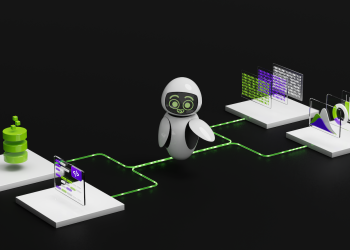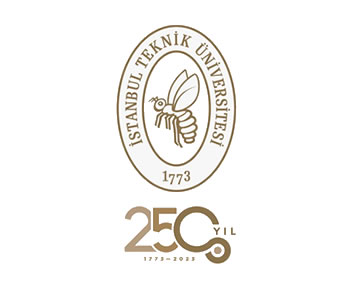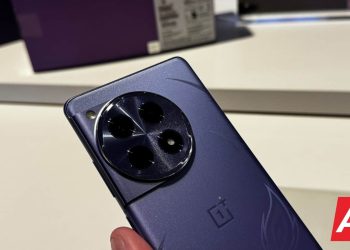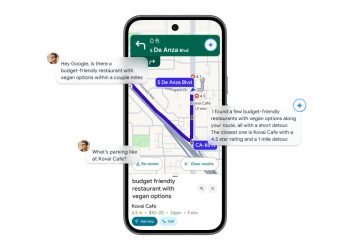using Apple technology to get in front of people and then let you share those moments that you wouldn’t have shared,” he told TechCrunch in an interview in the halls of the TechCrunch Disrupt conference last week.
Join the Disrupt 2026 Waitlist
Add yourself to the Disrupt 2026 waitlist to be first in line when Early Bird tickets drop. Past Disrupts have brought Google Cloud, Netflix, Microsoft, Box, Phia, a16z, ElevenLabs, Wayve, Hugging Face, Elad Gil, and Vinod Khosla to the stages — part of 250+ industry leaders driving 200+ sessions built to fuel your growth and sharpen your edge. Plus, meet the hundreds of startups innovating across every sector.
Join the Disrupt 2026 Waitlist
Add yourself to the Disrupt 2026 waitlist to be first in line when Early Bird tickets drop. Past Disrupts have brought Google Cloud, Netflix, Microsoft, Box, Phia, a16z, ElevenLabs, Wayve, Hugging Face, Elad Gil, and Vinod Khosla to the stages — part of 250+ industry leaders driving 200+ sessions built to fuel your growth and sharpen your edge. Plus, meet the hundreds of startups innovating across every sector.
The use of the technology in this way has already proved successful for Locket, which has north of 91 million lifetime installs across iOS and Android, per Appfigures estimates. In Rollcall’s first week, Locket saw over a million shares driven by the feature, the company said.
In addition, Moss said that well over 25% of the app’s active users are now posting a Rollcall every week.
“The Live Activity pulls people in a lot more,” Moss said. “And it’s fun, because as your friends are sharing, they’ll feel like we’re all doing this together.”
Roughly 80% of Rollcall’s initial active users were classified as Gen Alpha.
The founder noted there are some differences between how Gen Alpha and Gen Z use Locket.
“I think the big difference is … [being] the companion piece versus the primary. We have so many more users now [for whom] Locket is like their main way of connecting with their friends, Moss explained. “Sending photos directly. Sharing photos with 10 or 20 of their best friends. I think that’s been a big difference for us,” he added.
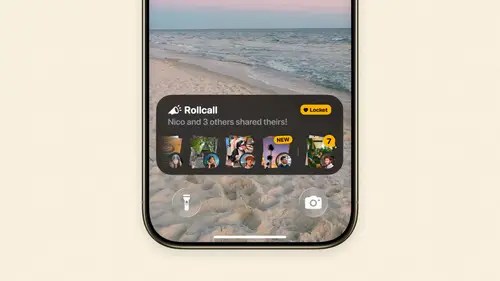
With Rollcall gaining traction out of the gate, the company is now exploring how to use the feature as a launching pad for other experiences beyond photos. For instance, Moss says adding video support is an obvious next step, but he’s also thinking about how to incorporate things like music, favorite places you visited, or prompts designed to help you remember things that happened during the week.
While Locket doesn’t have plans to support AI-generated photos or videos, like Sora or Meta AI, the company is considering how AI could be used in other ways — like making collages or pulling together photo memories.
“Even though those things may use up a lot of attention,” Moss said, referring to AI apps, “there’s something so fundamental and basic about communicating and connecting with real people in the world. There will always be a role for that, and there will always be a demand that people have.”
The company is also thinking about how Locket can transform users’ virtual connections with friends into more real-world touchpoints — even if it’s something as simple as reminding users to call or text a friend.
“I think for us, it’s always much more like: how can we use those things to actually, genuinely help people connect, versus it just being a kind of short-term fun experience, and you know, [that] might actually be a huge strength in the long run — being that place where it is just the people you actually know,” Moss said.
Locket today monetizes via a subscription and says it has more than 100,000 subscribers. As a result, the 15-person company has been profitable since last year.


